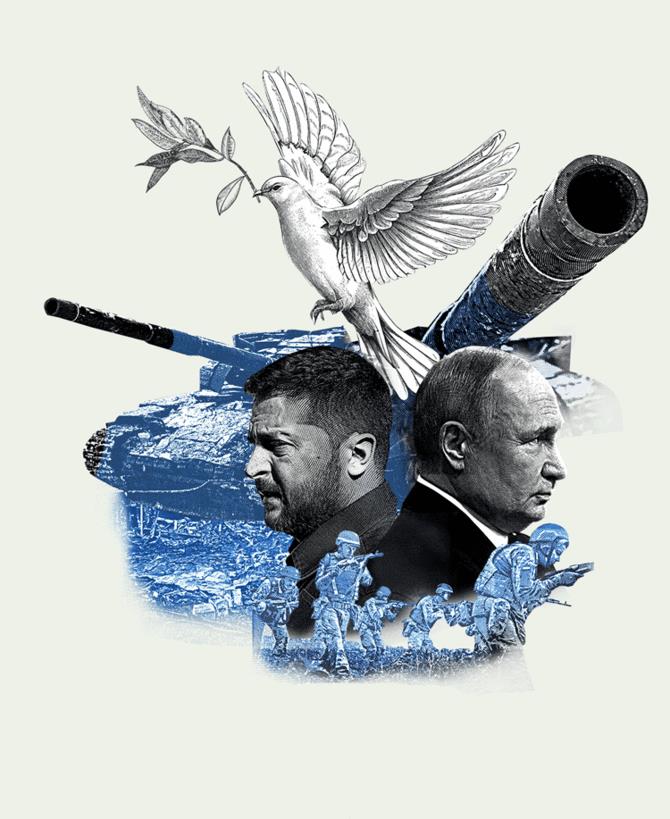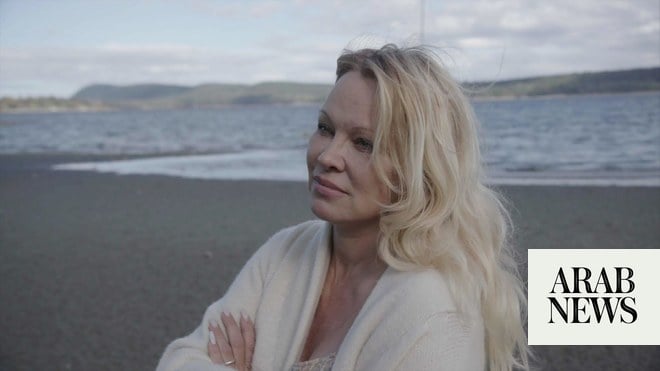
CHENNAI: Some of the greatest love stories have played on screen against a backdrop of debilitating wars.
“Gone with the Wind” conveyed anguish and angst during the American Civil War with countrymen choosing sides to fight for or against slavery.
“Casablanca,” eight decades old this year, portrayed a bittersweet romance in northern Africa during World War II.
And now the Oscar hopeful in the documentary short category, “Three Songs for Benazir,” is set in conflict-ridden Afghanistan, which has seen unimaginable suffering since Soviet tanks rolled into the country in December 1979. A country of simple pastoral people has seen death and destruction ever since, with brief periods of reprieve. With the American forces abandoning Afghanistan recently and the Taliban taking over, things have turned even bleaker.
But Afghan directors Gulistan and Elizebeth Mirzaei have in their 22-minute documentary — now on Netflix — wisely refrained from pushing us into the prevailing mood of distress and distrust. There is a brief mention of the Taliban when we see Shaista, a young man who is newly married to Benazir, being warned against joining the Afghan army by his father and brother.
“If you do that, the Taliban would kill us. Instead why don’t you help us with poppy cultivation?” they ask. But the young man is determined to serve his country and wants nothing to do with the family business.
Shaista’s patriotic fervor — seen especially during his pleading with his father that he would be the first from his family to join the Afghan National Army — serves as a contrast to his passionate love for his young wife. The film opens with him serenading his timid wife, who sheepishly covers her face as he sings to her.
Premiering at the Full Frame Documentary Film Festival where “Three Songs for Benazir” won the jury award, it has traveled around the world garnering international acclaim. CNN called it an “unprecedented” look at life in Afghanistan, while the Odense International Film Festival jury insisted that it “should be seen and heard by the entire world.”
For Gulistan and Elizebeth it has been a labor of love, taking them four years to shoot. And they were patient. “The first time we saw Shaista, we’d just gone to the camp to distribute food,” explains Gulistan. “I instantly felt a connection to Shaista. Not only because he’d previously been a refugee in Afghanistan during the Soviet occupation, but we also saw that Shaista was so different from the other people in the camp. He had a lot of hope, a lot of dreams in his mind. There was something really dynamic about him that drew us to him. He was tender and so full of love.”
This was in 2009, and it took the couple another four years to get their cameras rolling — visiting the camp every so often and noting down the minutest of details.
The documentary shows a completely different side of Afghanistan, a side that most news channels ignore, focusing as they do on war and chaos. We see an undeniable love story between Shaista and Benazir, although there is a lot of remorse from his family about their son getting into the army, which gives a dramatic twist to the tale.












